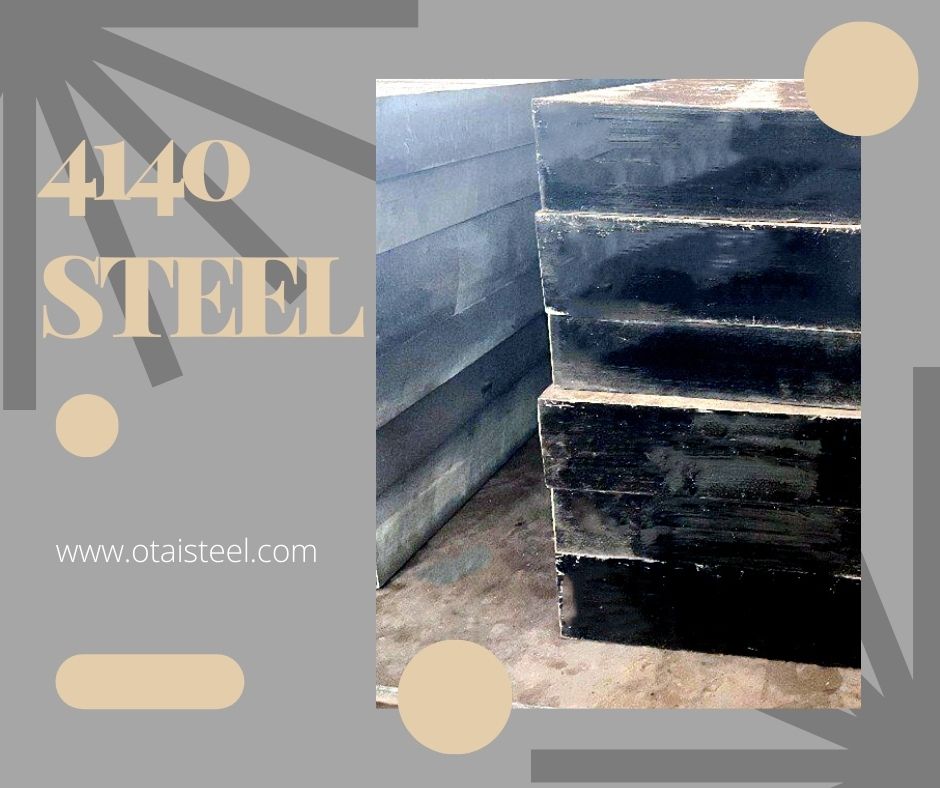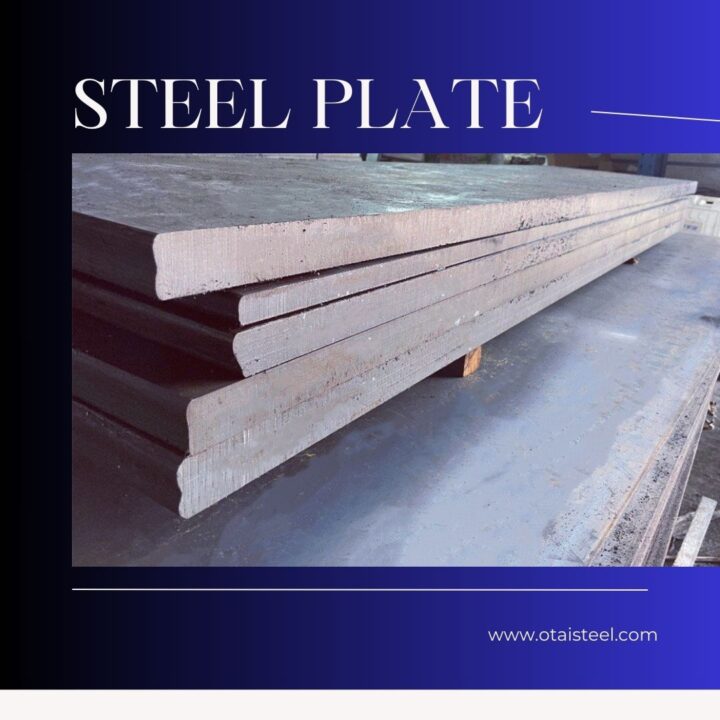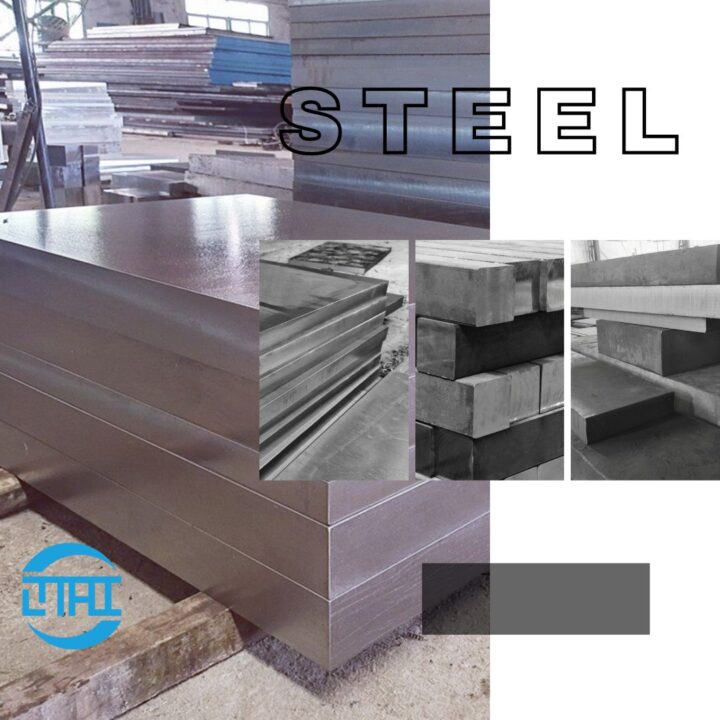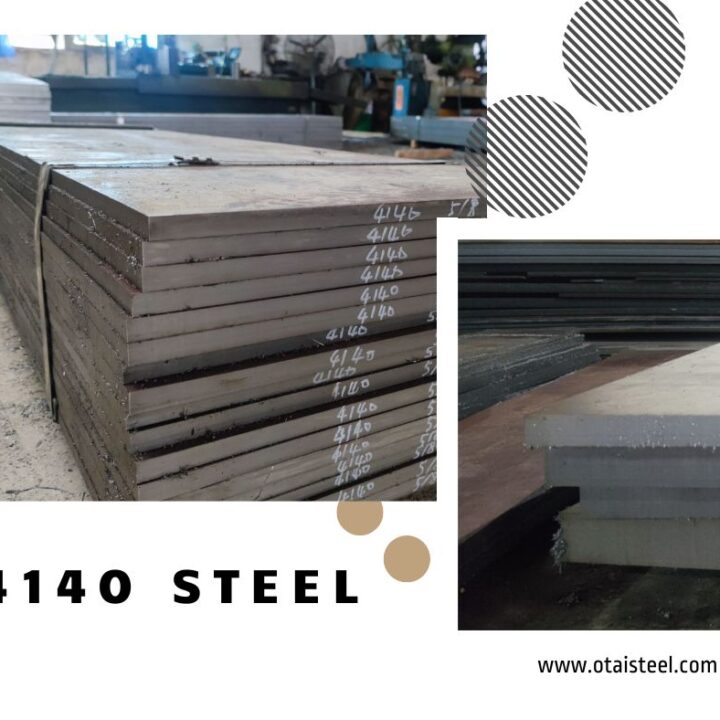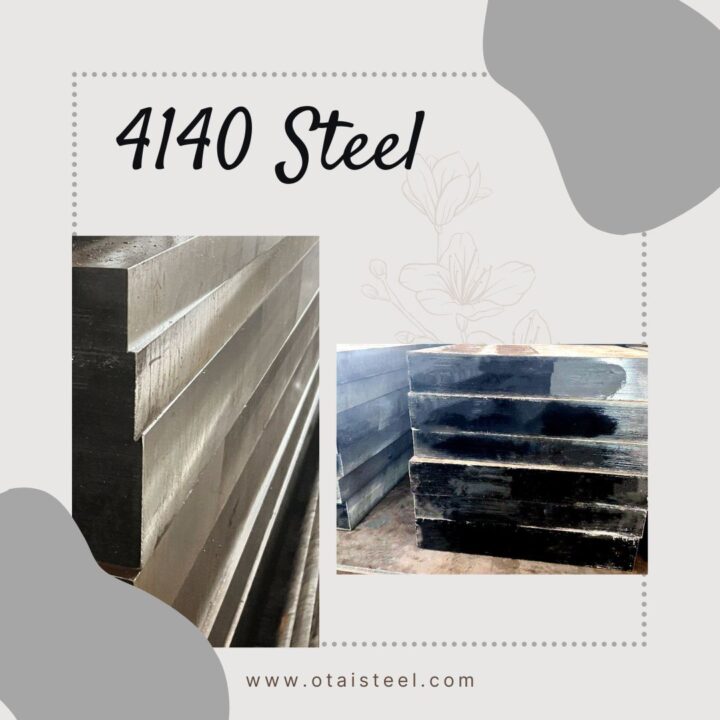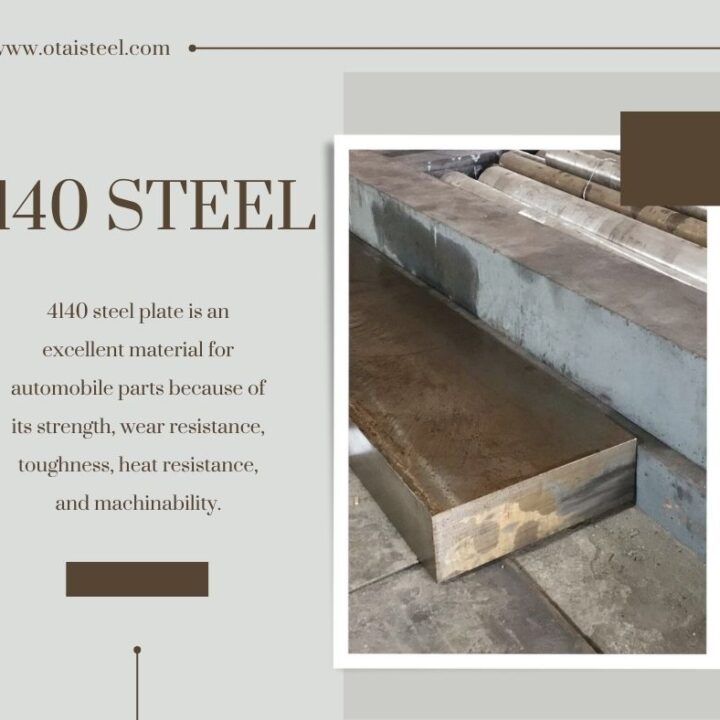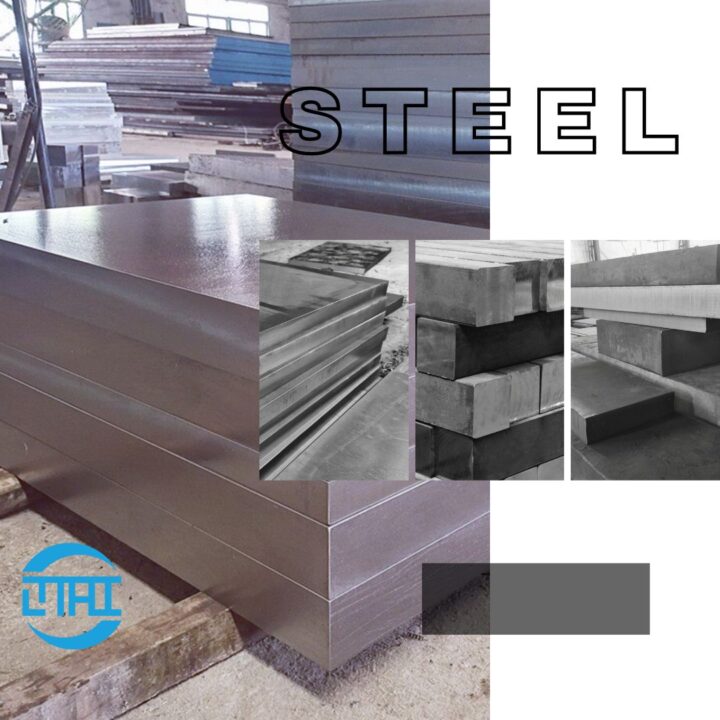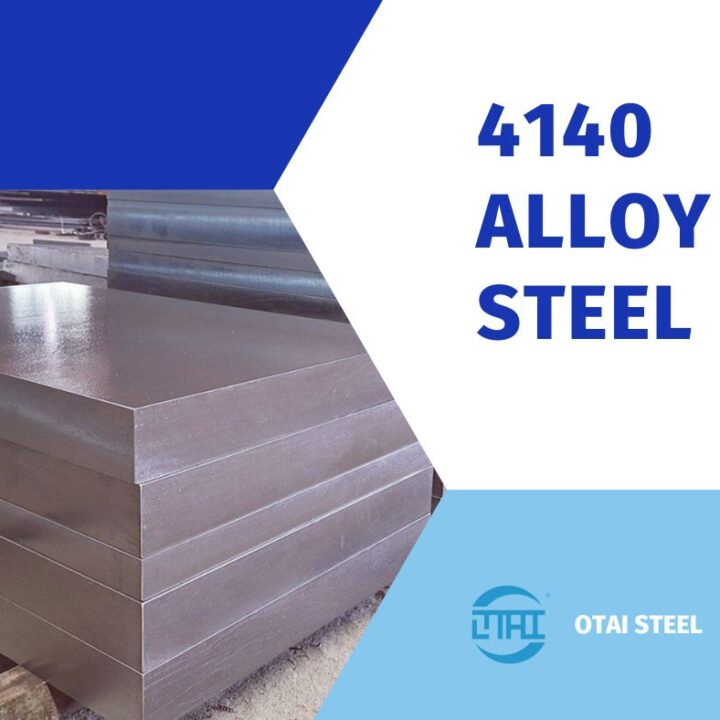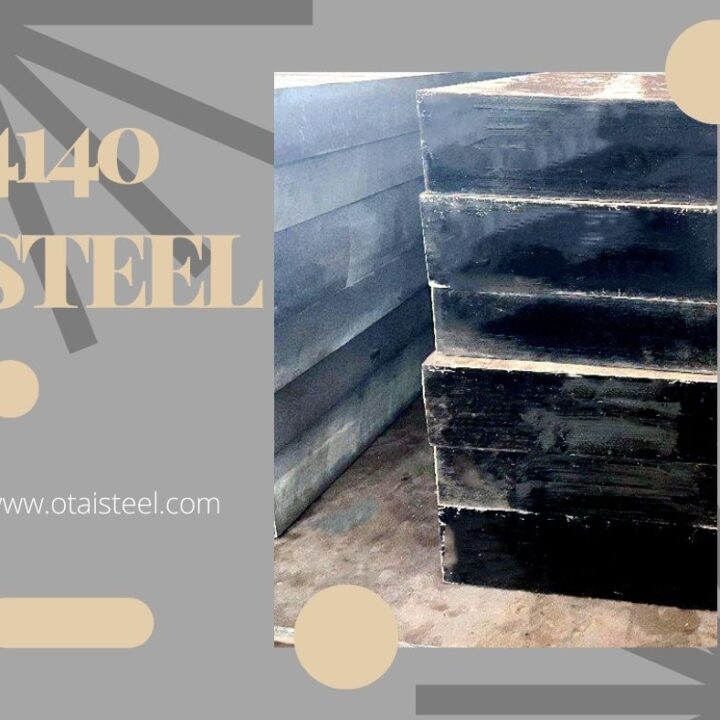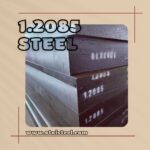To truly understand the power of forged 4140 alloy steel, we must first dive into its composition. This remarkable alloy consists of:
- Chromium (Cr): Typically, it contains about 1% chromium, which contributes to its hardenability and corrosion resistance.
- Carbon (C): With an average carbon content of around 0.40%, it provides the alloy with its strength and toughness.
- Molybdenum (Mo): At approximately 0.25%, molybdenum enhances both the steel’s strength and toughness.
These elements, working in harmony, create a material that’s highly prized for its mechanical properties.
The Forging Process
Forging is the key to unlocking the potential of 4140 alloy steel. The process involves heating the steel to a malleable temperature and then shaping it through compression using mechanical or hydraulic presses. This method imparts a unique grain structure to the steel, enhancing its strength and toughness.
Advantages of 4140 Alloy Steel
Forged 4140 alloy steel possesses a plethora of advantages, making it a preferred choice in various industries:
- Exceptional Strength: The forging process aligns the steel’s grain structure, resulting in superior strength compared to cast or machined alternatives.
- Outstanding Toughness: 4140 alloy steel retains its toughness even in high-stress applications, making it ideal for critical components.
- Wear Resistance: Thanks to its chromium content, it exhibits excellent resistance to wear and abrasion.
- Machinability: Despite its strength, it is relatively easy to machine, offering versatility in manufacturing.
- Heat Treatability: Forged 4140 steel can be heat-treated to achieve specific mechanical properties, making it customizable for various applications.
Applications of 4140 Alloy Steel
The versatility of forged 4140 alloy steel lends itself to a wide range of applications across industries:
- Oil and Gas: In the oil and gas sector, it’s used for drilling equipment, wellhead components, and pipelines due to its strength and corrosion resistance.
- Aerospace: In aerospace, it finds its place in critical components like landing gear, engine parts, and structural elements.
- Automotive: In the automotive industry, it’s employed for axles, crankshafts, and transmission components.
- Construction: The construction industry relies on it for building frames, crane components, and structural parts.
- Manufacturing: In manufacturing, it serves as machinery components, tooling, and more.
Forging vs Casting
To appreciate the superiority of forged 4140 alloy steel, it’s worth comparing forging to casting:
- Grain Structure: Forging aligns the grain structure, enhancing strength, while casting results in a random grain structure that can lead to weaknesses.
- Density: Forged steel is denser and has fewer internal voids, making it more reliable and predictable in terms of strength.
- Toughness: Forged steel exhibits better toughness and impact resistance compared to cast steel.
FAQs
Q1: Is forged 4140 alloy steel resistant to corrosion? A1: While it has some corrosion resistance due to its chromium content, it may require additional coatings or treatments in highly corrosive environments.
Q2: Can forged 4140 alloy steel be welded? A2: Yes, it can be welded, but careful consideration of welding procedures and post-weld heat treatment is essential to maintain its properties.
Q3: What industries commonly use forged 4140 alloy steel? A3: Industries such as oil and gas, aerospace, automotive, construction, and manufacturing rely on forged 4140 alloy steel for its strength and versatility.
Q4: Can forged 4140 steel be used in high-temperature applications? A4: It has limitations in high-temperature applications due to its tempering temperature. For elevated-temperature use, consider alternative materials with better heat resistance.
Q5: Does forging 4140 steel improve its machinability? A5: Forging can improve the overall machinability of 4140 steel by refining its grain structure, but it remains relatively easy to machine even without forging.
